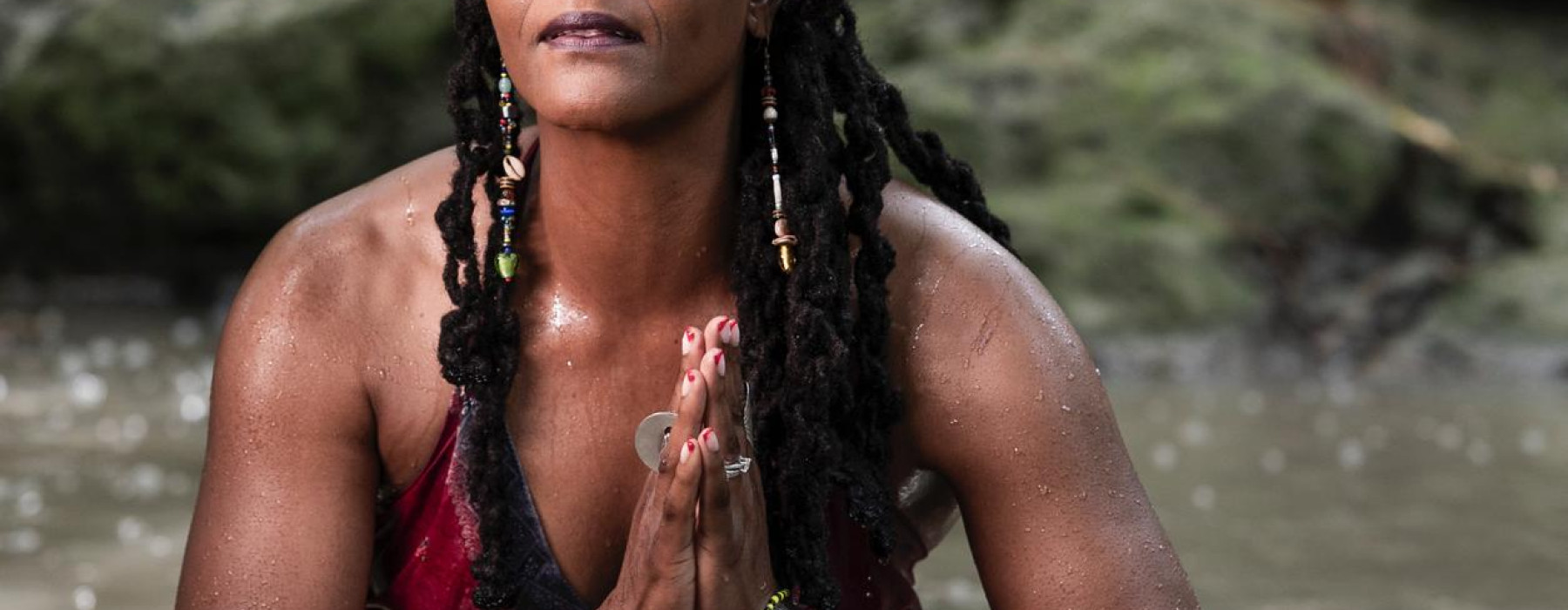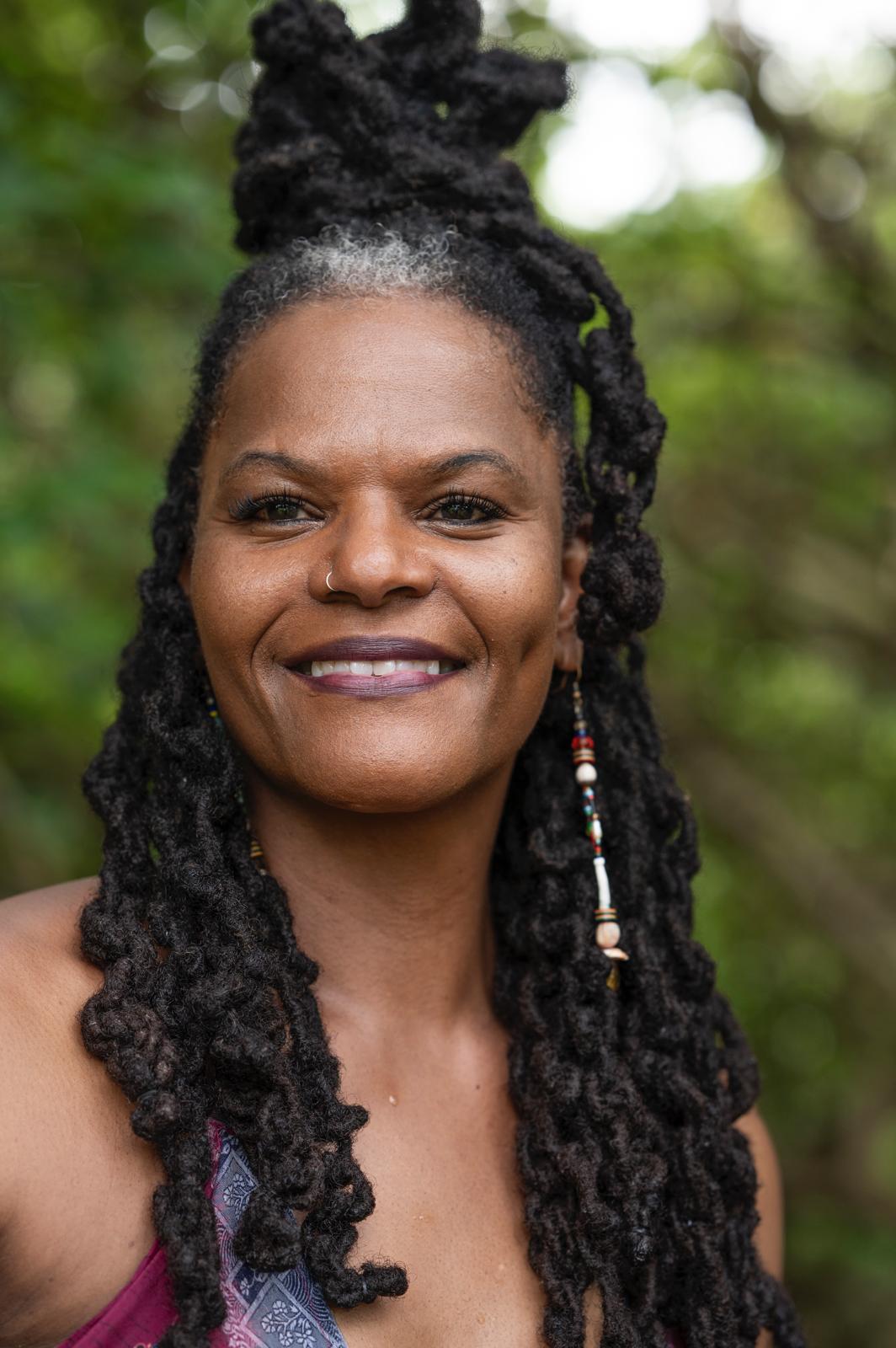
As we draw from traditions such as Kumina, Vodou, and Palo Monte, alongside contemporary performance practices, this workshop invites participants into a choreographic dialogue with the past. Through movement, we trace the ancestral imprints that reside within us, the Orishas and spirits of the departed, awakening the gestures of survival, mourning, and renewal that have been carried across waters, passed through generations, encoded in muscle and marrow.
The ocean is our witness, our portal, our guide. Its tides mirror the undulating rhythms of loss and regeneration, its depths cradle the stories of those who came before us. In the wake of history, we dance—not merely as an act of remembrance but as an act of repair. This is wake-work, a labor of love and reckoning, a choreography of resistance and restoration.
By engaging the body as an archive, we move beyond intellectual inquiry into visceral knowing. This workshop is not simply about performance; it is about presence. It is about listening to what the body carries, what the ancestors whisper, what the waters remember. Through guided movement, improvisation, and ritual practice, we will create a shared space of witnessing, where grief transforms into praise, where mourning becomes a site of power, where the past speaks—and we answer with our bodies.
Here, in the wake, we dance.
